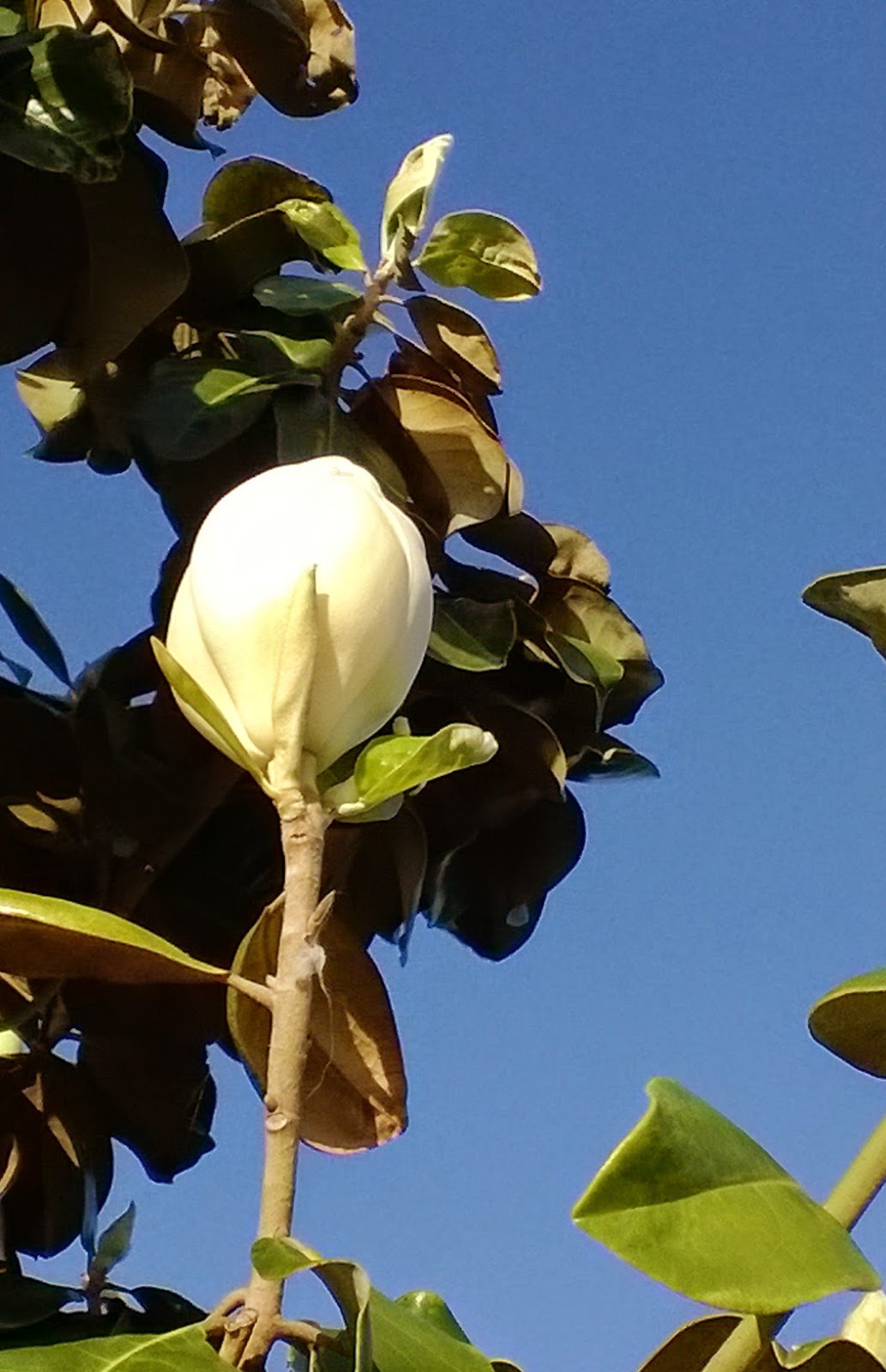From Gombrowicz's "Trans-Atlantyk": Lots of Giggles
Really, you could open it up to any e-page and get some laughs (I'm already at 47%). But I'll put down some of the beginning: I feel the need to convey to my Family, to my kin and friends, this the beginning of my adventures, now ten years long, in the Argentinean capital. I'm not inviting anyone to eat these old noodles of mine, the turnips that may even be raw, because they're in a common pewter bowl, Lean, Paltry, even Embarrassing withal, cooked in the oil of my Sins, of my Embarrassments, these my heavy grits, Dark, together with this black gruel of mine, oh, you better not put them in your mouth, unless 'tis for my eternal damnation and degradation, on my Life's unending road and up this arduous and wearisome Mountain of mine.







